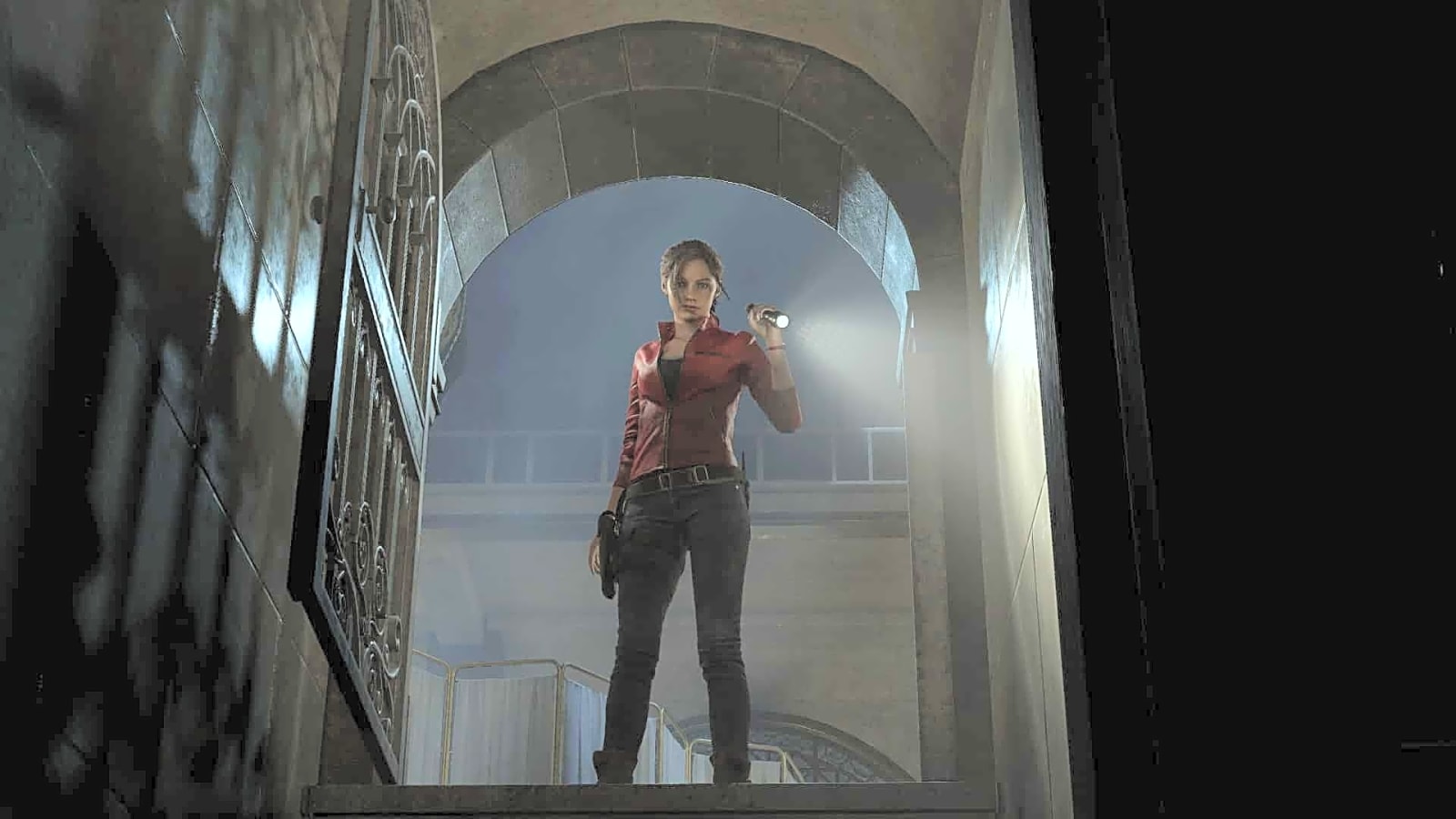
Survival horror games have operated like a secret club with a very strict dress code, with everyone knowing the rules of fixed camera angles, limited resources, and intricate puzzles. Modern entries have updated the visuals, and the core experience remains wonderfully familiar. Given that the genre’s strength actually comes from its rigid traditions, why does this specific formula feel so essential to fans?
Innovative Twists on a Wonderfully Familiar Core
Survival horror thrives on the nail-biting pressure of managing scarce ammo and solving puzzles under duress, creating a unique type of terror that action-heavy horror fails to replicate. In various ways, the genre can be seen as a long-running improv routine. Furthermore, each new game accepts the established premise with an enthusiastic “yes, and.” This approach adds a new mechanic or twist rather than dismantling the foundation.
Indeed, purists may not mind this additive process, as the gameplay experience stays fresh. After all, isn’t the point of a tradition to remain recognizable? The entire timeline of Resident Evil or the best Silent Hill games, for example, reveals that installments stumble when they try to fix a formula that was never broken to begin with. While titles like Resident Evil 6 are fun action games, it’s highly contested whether players experience the classic feeling that survival horror is known for bringing.
Horror Fans are Notoriously Picky Eaters
Known for being notoriously picky, fans of the niche often take a long time to warm up to new ideas. For instance, Silent Hill: Homecoming was initially criticized for adopting a more action-oriented combat style. Unfortunately, the Silent Hill 2 remake is also facing this same bashing. Although this new approach shows that evolution is possible, it must feel like a natural progression from what came before.
Developers must now find a way to walk that fine line between innovation and tradition. Thankfully, the developers at Bloober Team understand this balance perfectly, with their new game, Cronos: The New Dawn, draws clear inspiration from classics like the Resident Evil 2 remake and Dead Space. With this cyclical inspiration, it’s apparent how survival horror has become a popular genre.
Survival Horror Loves Its Resourceful Puzzles
According to one developer, Dead Space wouldn’t exist without Resident Evil 4, as it essentially placed that formula in a terrifying space setting. Ultimately, Bloomer Team’s studying of Dead Space‘s limb-severing mechanic or Alan Wake 2‘s flashlight combat is their way to participate in a grand, ongoing conversation. Notably, the classics have been a huge inspiration to their own games, creating a cannibalistic, ouroboros-like cycle. As a result, the genre continually consumes and regenerates its own best ideas. It’s safe to say that survival horror remains both timeless and thrillingly adaptive due to its ability to make players dread what might be lurking in the next dark corner.
More must-reads:
- NFL Draft intel: Risers include Ohio State WR Carnell Tate, Oklahoma DL R Mason Thomas
- Why Cardinals must consider cutting Kyler Murray (and why they won't)
- The 'World Series MVPs' quiz
Breaking News
Trending News
Customize Your Newsletter
 +
+
Get the latest news and rumors, customized to your favorite sports and teams. Emailed daily. Always free!








